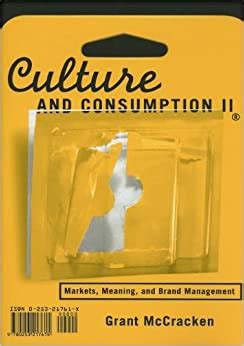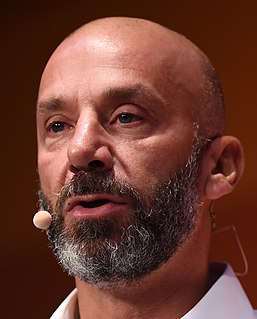A Quote by Rosabeth Moss Kanter
Confidence is not just in people's heads; it comes from the culture of the organization. It's easier to expect success when working in an organization that has a culture of accountability, collaboration, and initiative. Without this, it's easier - and more self-protective - to assume failure so the person is not disappointed and instead pleasantly surprised.
Related Quotes
Until I came to IBM, I probably would have told you that culture was just one among several important elements in any organization's makeup and success - along with vision, strategy, marketing, financials, and the like... I came to see, in my time at IBM, that culture isn't just one aspect of the game, it is the game. In the end, an organization is nothing more than the collective capacity of its people to create value.
"Leadership" is a big topic today. We know that the world - nations and communities in addition to companies - needs more and better leaders. So I wanted to explore how leaders make a difference, how they can shift a negative cycle, turn around a losing organization, propel a team to victory when conditions aren't perfect. I saw that what leaders do is build confidence in advance of victory. Then the confidence they produce makes the hope of success turn into the reality of success, because people behave differently when they are surrounded by a culture of confidence.
Truly human leadership protects an organization from the internal rivalries that can shatter a culture. When we have to protect ourselves from each other, the whole organization suffers. But when trust and cooperation thrive internally, we pull together and the organization grows stronger as a result.
The culture of chefs is a melting pot, and I always say this - if we could put all the heads of state around a table, each representing their food culture, and then each take one bite of the other's and pass it to the right, and then explain the ideals and culture around those bites, our world problems would be easier to solve.
Success is always an easier motivator, because you want more of it. But I've also been motivated by failure. Had I medaled in London, I don't think I would be one of the few that have gone to a Summer and Winter. I would have been content with that medal. Instead, I used that failure to go to the Winter Olympics. I always tell people that failure can be one of your biggest motivators if you just have an attitude adjustment about it.
The distance between number one and number two is always a constant. If you want to improve the organization, you have to improve yourself and the organization gets pulled up with you. That is a big lesson. I cannot just expect the organization to improve if I don't improve myself and lift the organization, because that distance is a constant.


































